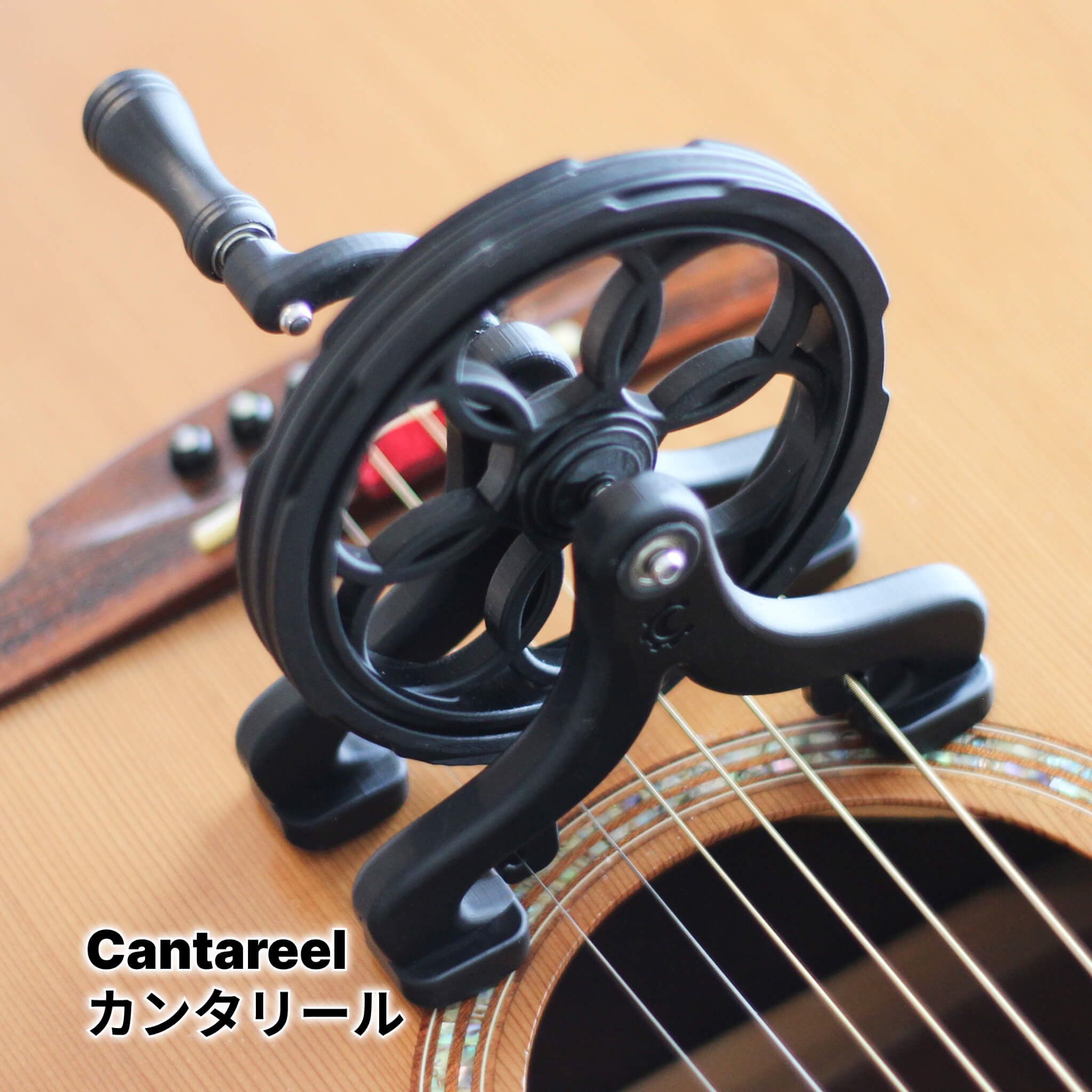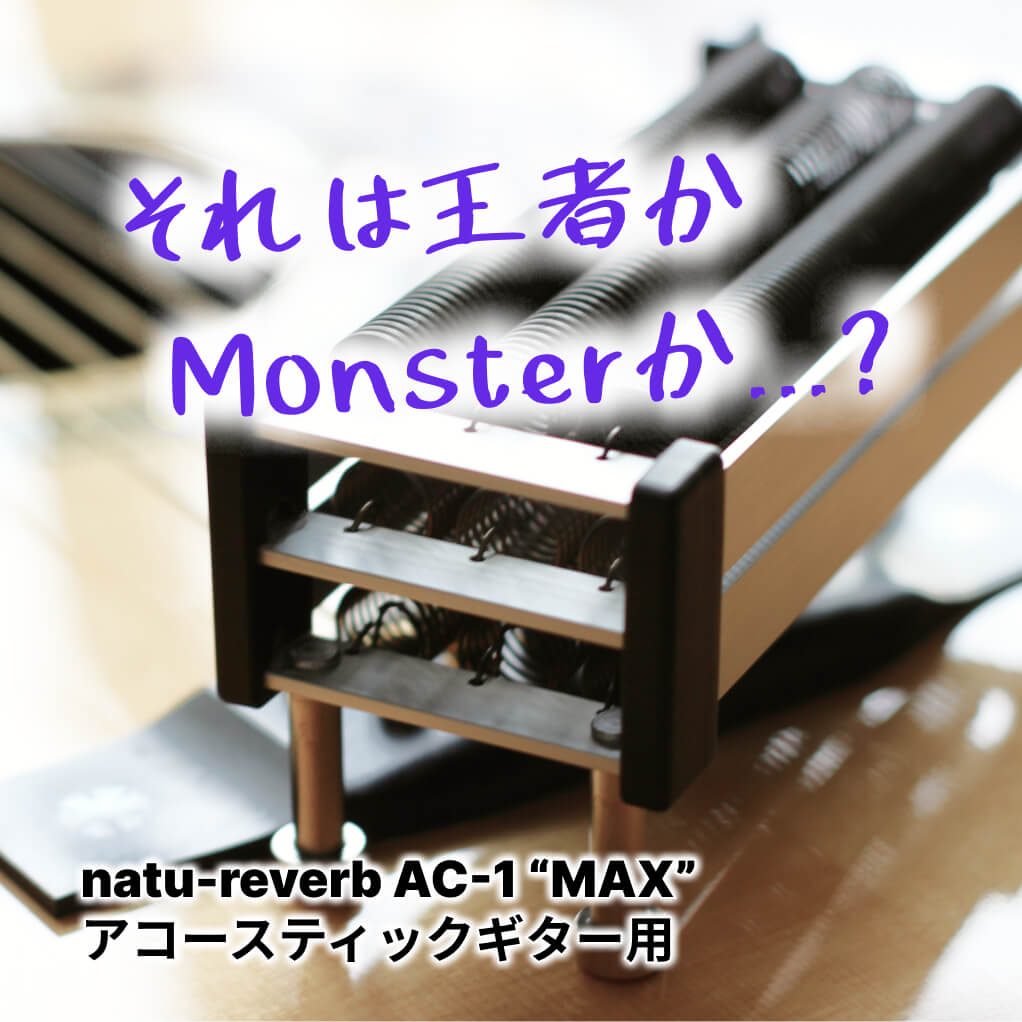When is the best time to change guitar strings?
In the case of acoustic guitars, where the acoustic resonance is especially important, the sound of new and old strings can be very different.
A guitar that was bright with new strings and well-balanced from bass to treble will gradually change in tone as the strings get older.
Older strings tend to produce a rounder sound with a more concentrated midrange and shorter sustain.
There are some people who say, "I prefer the sound of old strings," but in many cases, they prefer the sound of new strings.
This time, I would like to explain in an easy-to-understand manner how to check the deterioration of the strings and when to replace the strings of the guitar.
How to determine string deterioration
Let's start by assessing the deterioration of the strings.
Of course, there is no need to replace the strings even if the strings have not deteriorated.
Here's how to determine how bad it is.
Dull or rusty
Dirty or old strings can degrade the tone and interfere with performance.
Dullness is caused by dirt such as oil and sweat adhering to the strings, and rust is caused by oxidation. It occurs when strings are used for a long period of time and played, dirt adheres to them, and oxidation is accelerated by moisture and humidity.
Also, using strings for a long period of time and playing them can cause the strings to age, degrading the tone, and hindering the performance.
Therefore, changing the strings regularly, cleaning the strings before use, and drying the strings after playing can prevent dullness and rust.
feel rough while playing
If you feel the strings are rough while playing the guitar, it may interfere with your performance.
Roughness occurs when the strings adhere to the fingerboard due to dirt or wear. As a result, the fingers cannot slide smoothly on the strings when playing, and the pitch may be out of tune or the timbre may deteriorate.
In addition, the strings do not slide easily during playing, which can cause hand fatigue when playing.
Therefore, by changing the strings regularly and cleaning the strings before and after use, you can prevent the occurrence of rough strings.
The sound of the wound strings is getting rounder
It actually happens that the sound of a guitar becomes rounder as the strings get older or as the guitar is played longer.
Strings wear and wear as they are played. As a result, the tone quality of the string deteriorates, the volume decreases, and the vibration becomes worse.
In particular, the effect on wound strings is large, and not only changes in timbre, but also the pitch may be shifted.
If strings are used for a long period of time, they may rust, become dull, deteriorate the tone, and produce an unpleasant sound when played.
Therefore, by changing the strings regularly, cleaning the strings before use, and drying the strings after playing, you can maintain the tone and play smoothly.
The overall sound has lost its elongation
If your guitar sounds like it's losing its stretch, it's possible that your strings are getting old.
Strings wear and wear as they are played. As a result, the tone quality of the string deteriorates, the volume decreases, and the vibration becomes worse. In particular, the tension in the binding wire is reduced, which can cause the pitch to shift.
Also, as the strings age, they develop rust, become dull, deteriorate the tone, and can make an unpleasant sound when played. As a result, you may feel that the sound has lost its extension.
When not to change strings
Once you have confirmed the deterioration of the strings, decide when to replace them.
In fact, there is no time when the string should not be changed, and basically it is okay to change the string at any time.
However, please refrain from changing upholstery in the following situations.
I can't take a lot of time
When you change strings on your guitar, it's a good idea to clean the fingerboard and other small parts.
Sweat and oil adhere to the fingerboard during playing. If it remains on the fingerboard, your fingers won't be able to slide the strings smoothly when you play, which may cause the pitch to shift or the tone to deteriorate.
Cleaning small parts is also important. If the bridge or nut is dirty, it may not produce sound or the tone may deteriorate.
If you neglect to clean the instrument for a long period of time, there is a risk that you will not be able to play it smoothly, as it will cause unpleasant sounds and pitch deviations.
I would like to clean the string at the same time as changing the strings.
I'm worried about the condition of the guitar
If you are unsure about the condition of your guitar, be sure to check with a specialty store before replacing strings.
Especially if the neck, bridge, or other critical parts that support the strings are weak, this can make things worse during the restringing and tuning process.
Especially when changing to thicker gauge strings, the strain on the neck and top of the guitar increases, so if you are concerned about the condition, consult a music store.





